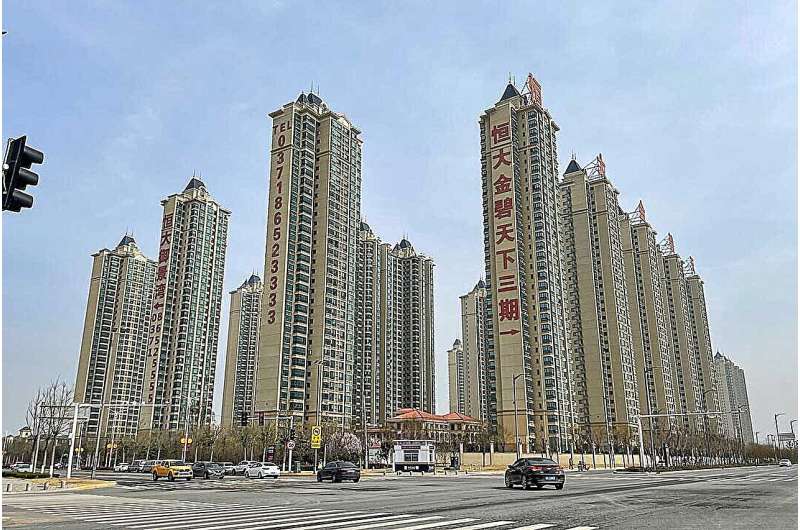
The default of Evergrande, one of China’s largest developers, set off a chain of defaults among developers, triggering the ongoing property market crisis in China.
While analysts frequently attribute the crisis to China’s tax system, land finance, state intervention, and various other factors, recent University of Michigan research has revealed an often overlooked aspect–the concentrated nature of the real estate industry.
The research, led by Lan Deng, professor of urban and regional planning, examined China’s real estate industry from the early 2000s to 2018. It found that the industry became increasingly concentrated, with large firms accounting for a growing share of the country’s housing production, which played a significant role in the market’s downturn.
For instance, the top five real estate developers in China accounted for 30% of the country’s total housing production in 2018, compared to a share of 13% in the U.S. Housing production in the U.S. was only about a quarter of what China has produced in the last decade.
The China Real Estate Top 10 Research Group further highlights this concentration–among 10,000 registered real estate development firms in the country, the market share of the top 100 firms, as measured by sales revenue, increased from 28% in 2012 to 58% in 2018.
The repercussions of such conglomerates failing are wide-ranging, as demonstrated by Evergrande and Country Garden, the top two property developers in China. Evergrande, once boasting an annual construction of 72 million square meters, filed for bankruptcy protection in August 2023.
Country Garden, whose annual housing production was about twice the size of Evergrande before the pandemic, defaulted in October 2023 and faced a liquidation petition from its creditor the following year, according to the latest news
The post Research reveals overlooked factor driving China’s real estate crisis first appeared on Insie Mesenza.
















